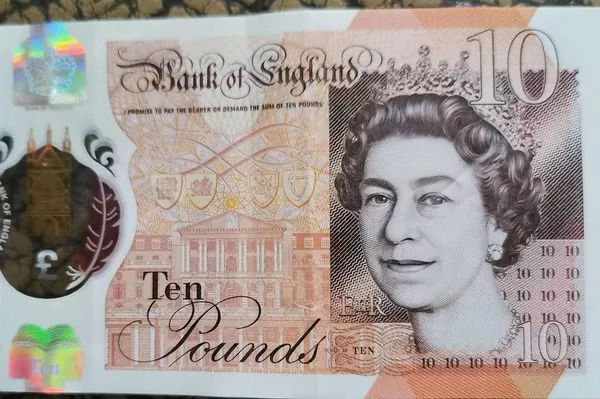In today’s interconnected world, currencies play a vital role in global trade and finance. One such currency that holds significant importance is the British Pound Sterling, commonly referred to as GBP. As the official currency of the United Kingdom, the GBP has a rich history, a strong presence in international markets, and impacts various aspects of the global economy. In this comprehensive guide, we will delve into the details of the GBP currency, exploring its origins, characteristics, factors affecting its value, and its role in the global financial landscape.
Historical Background
The history of the GBP dates back centuries, with its origins rooted in a time when various regions within the British Isles minted their own coins. Over time, these regional currencies merged into one, leading to the establishment of a unified currency system. The pound sterling emerged as the standard unit of exchange in the late 17th century.
GBP Characteristics
1. Symbol and Denominations:
The symbol for the British Pound is £, derived from the Latin word “libra,” meaning balance or weight. The currency is divided into smaller units called pence, denoted by the symbol p. Common denominations include £5, £10, £20, and £50 banknotes, as well as 1p, 2p, 5p, 10p, 20p, and 50p coins.
2. Monetary Authority:
The Bank of England serves as the central bank and the monetary authority responsible for issuing and managing the GBP. It plays a crucial role in maintaining price stability and preserving the integrity of the currency.
3. Exchange Rate Regime:
The GBP operates under a flexible exchange rate regime, which means its value fluctuates freely against other currencies based on market forces of supply and demand. This flexibility allows the currency to adjust to economic conditions, facilitating international trade and investments.
Factors Affecting GBP Value
Several factors influence the value of the GBP in the foreign exchange market. These include:
1. Macroeconomic Factors:
Economic indicators, such as Gross Domestic Product (GDP), inflation rates, interest rates, employment figures, and fiscal policies, significantly impact the value of the GBP. Positive economic data generally strengthens the currency, while negative developments can lead to depreciation.
2. Political Developments:
Political events, elections, referendums, and government policies can have a substantial influence on the GBP’s value. Political stability, trade agreements, and geopolitical factors play a role in shaping market sentiment towards the currency.
3. Market Sentiment and Speculation:
Investor confidence and market sentiment heavily influence currency markets. News, market rumors, and speculation can result in rapid fluctuations in the GBP’s value. Traders and speculators closely monitor these sentiments to make informed trading decisions.
Role of GBP in the Global Economy
The GBP holds a prominent position in the global financial landscape for several reasons:
1. International Reserves:
Central banks worldwide hold significant reserves of GBP as part of their foreign exchange holdings. This reflects the currency’s importance and widespread acceptance in international transactions.
2. Trade and Investment:
The United Kingdom has a robust economy with strong ties to international trade and investment. The GBP serves as a medium of exchange for goods, services, and capital flows, facilitating cross-border commerce.
3. London as a Financial Hub:
London, the capital of the United Kingdom, is a major global financial center. It hosts numerous banks, investment firms, and international exchanges. The prominence of London’s financial sector elevates the significance of the GBP in global financial transactions.
Challenges and Future Outlook
Like any other currency, the GBP faces challenges and uncertainties. Some of the key challenges include:
1. Brexit Impact:
The withdrawal of the United Kingdom from the European Union, commonly known as Brexit, has introduced uncertainties and volatility in the GBP. Negotiations, trade agreements, and the future relationship between the UK and EU continue to influence the currency’s value.
2. Global Economic Conditions:
The GBP is not immune to global economic trends and events. Changes in global growth, monetary policies of major economies, and trade tensions can have spill-over effects on the GBP.
However, despite the challenges, the GBP remains a significant currency with a positive outlook. The United Kingdom’s strong economy, financial infrastructure, and global connections contribute to the GBP’s resilience and potential for growth.
Conclusion
The British Pound Sterling (GBP) has a storied history, serves as a crucial medium of exchange, and plays a vital role in the global financial system. As a widely accepted currency, the GBP’s value is influenced by a range of factors, including macroeconomic indicators, political developments, and market sentiment. While challenges exist, the GBP’s importance and prominence are expected to endure in the foreseeable future, contributing to the stability and vibrancy of international trade and finance.


